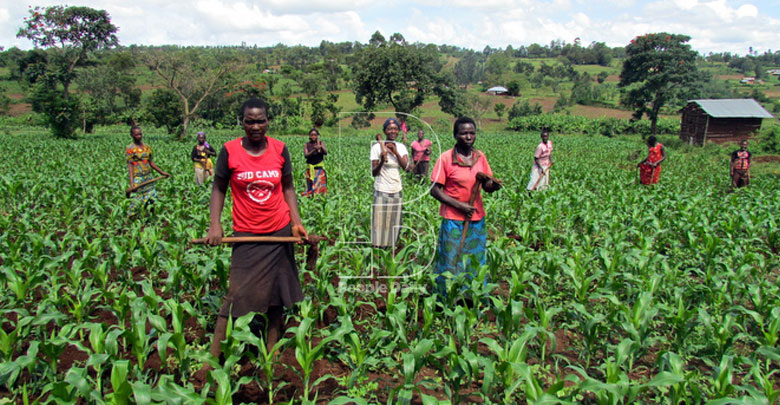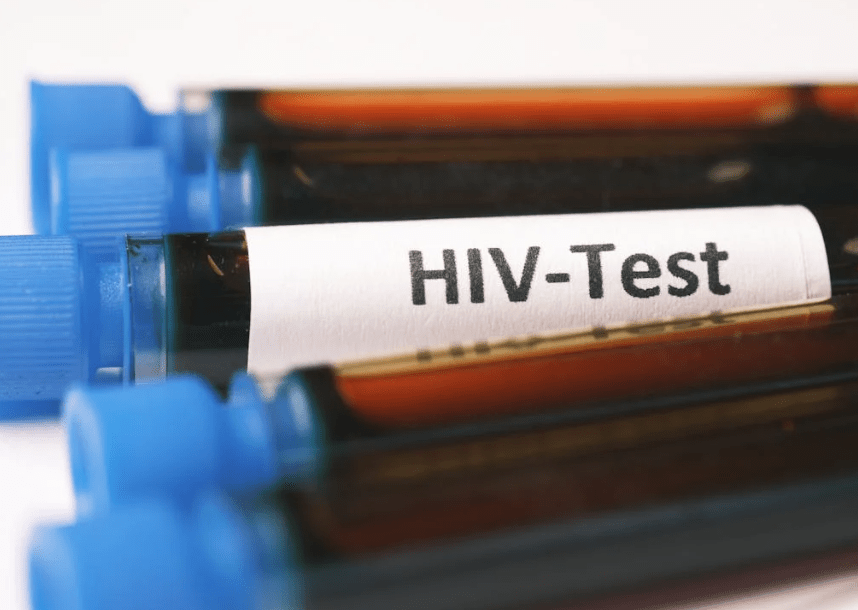Government must shun policies that penalise farmers

Amos Wemanya
It is unfortunate that as Kenyan farmers struggle with the challenges of biodiversity loss and the crippling effects of the climate crisis, the government is developing policies that penalise them further.
If the Livestock Bill, 2021 is anything to go by, the government clearly shows that it doesn’t support farmers but is working to promote industrial farming.
Policy makers are failing farmers by developing policies that facilitate corporate seed systems and intellectual property rights that disallow the exchange of seeds by smallholder farmers.
Industrial agriculture players in the corporate sector have instead taken over the responsibility of exercising intellectual property rights on seeds and plant varieties.
Regulations that prohibit farmer-led initiatives to build resilience to climate crises will only exacerbate the existing challenges facing Kenya’s food system.
And indeed prohibiting farmers from developing, protecting and using their indigenous seeds is unconstitutional.
Instead of regulating and prohibiting farmer-led initiatives, the government needs to invest in community-led seed sovereignty efforts and establishment of community seed banks to ensure food sovereignty.
Strengthening research and extension services to focus on the needs of small-holder farmers will help develop agricultural practices and systems that are resilient to the climate crisis.
Punishing small-holder farmer activities, privatising seeds production and management, promoting programmes that subsidise corporate farming, chemical fertilizers and pesticides will further destroy the broken Kenya food system.
Policy makers need to prioritise mending our broken food system and protecting Kenyans from the challenges of food insecurity.
Farmers have acquired substantive knowledge and experiences of working with ecological entities such as plants and soils, with diverse farming practices and techniques that are key in protecting our food system.
Policy makers need to tap on this deep knowledge and experiences to develop programmes and policies that will address the needs of farmers.
Policies that encourage diversification in farming activities and allow farmers to implement their own on-farm participatory research and experimentation are urgently needed to address our agricultural challenges.
Promoting collaborative programmes among farmers and investments will help farmers to develop farming practices that will improve yields and guarantee resilience to extreme weather events.
The government must shun punitive policies that prohibit small-holder farming activities.
The Constitution protects indigenous knowledge and genetic resources of communities.
Prohibiting farmers from developing, protecting and using their indigenous seeds is unconstitutional.
Policy makers need to stop engaging in activities that infringe on the rights of Kenyans, threaten our food system, lives and livelihoods.
Clearly, the current process of agricultural law, policy and strategy formulation that is anchored on top-down design that prioritises the needs of private firms and corporations is not working and will not work for small-holder farmers.
Small-holder farmers are key in ensuring food security in Kenya. It is important that agricultural policies move away from one-size-fits-all solutions to our broken food system and accommodate the needs of the main actors – small-holder farmers. — The writer is Greenpeace Africa Campaigner












